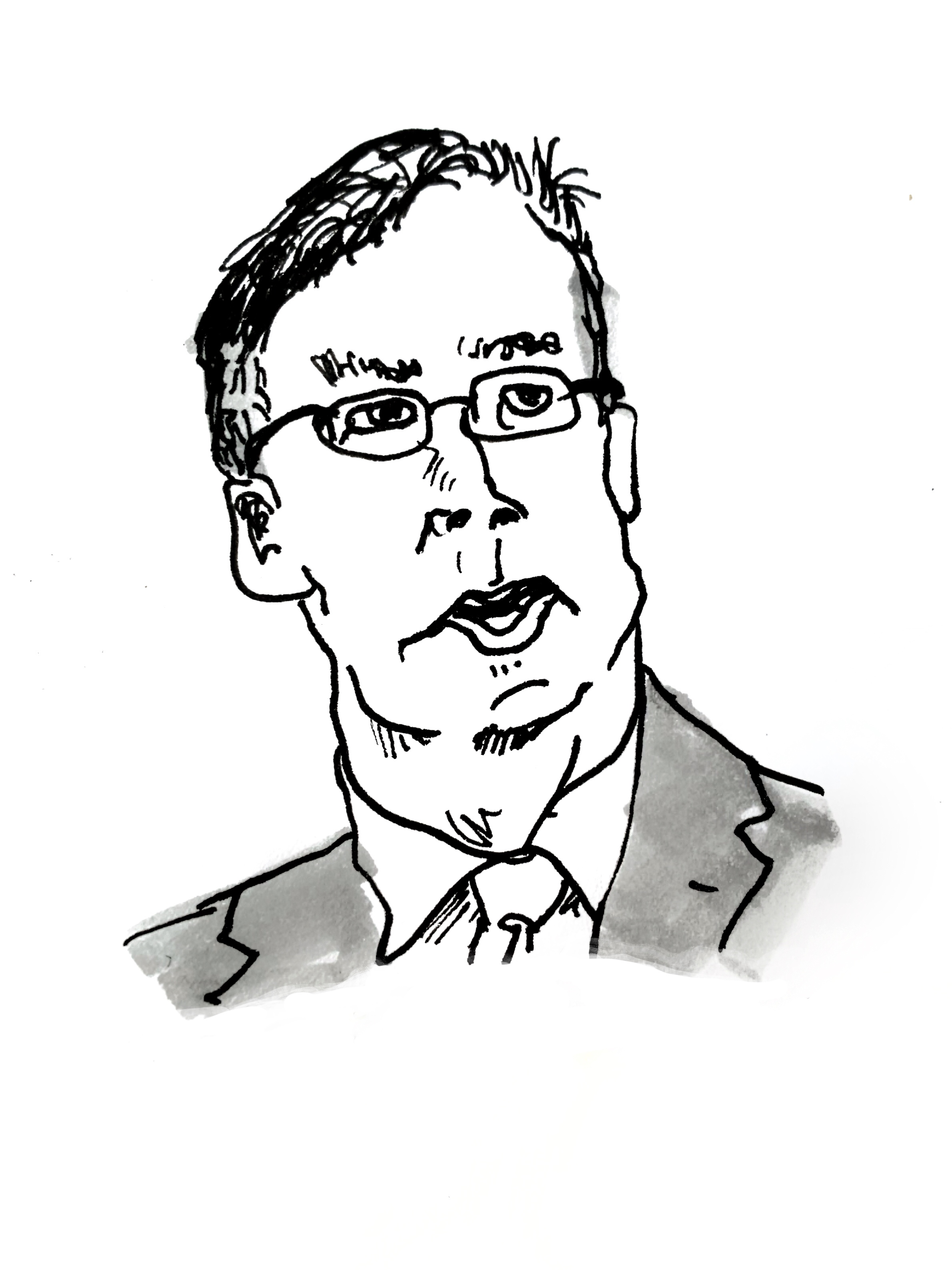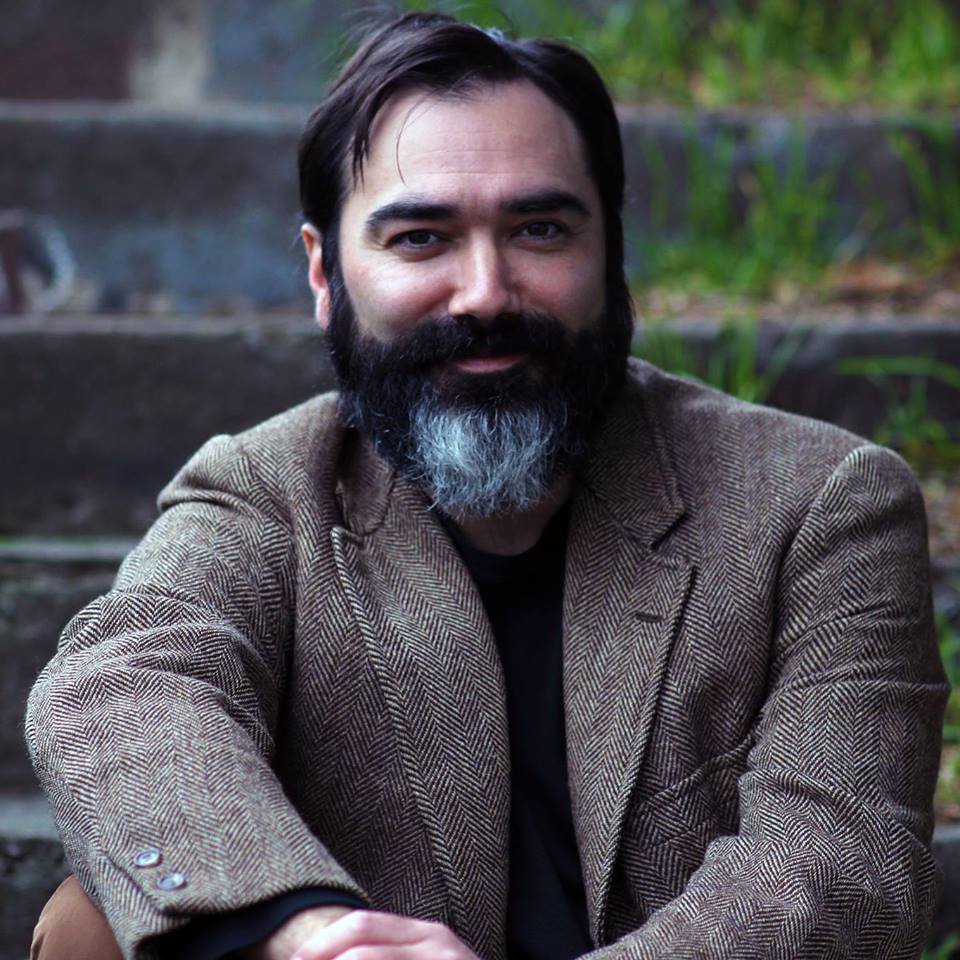On January 2, 2020, just three days after announcing that his battle with stomach cancer became too complicated to justify finishing out his term as Portland City Commissioner #2, Nick Fish lost his battle with the disease and Portland lost one of its long-time advocates. Fish’s tenure included a wide spread of responsibilities including work for the arts, environment, parks and recreation, and housing. His time as commissioner serves as an example of a center-leaning Democrat who fought to make meaningful progress for his community within the bureaucracy of local government.
Nick Fish came from a line of Hamilton Fish politicians. His father, Hamilton Fish Jr., broke with Republicans to support the impeachment of Richard Nixon. In an interview with OPB’s Dave Miller on Think Out Loud, Fish recalled being unusual as a young person paying a significant amount of attention to the impeachment hearings of Nixon, listening to the radio to hear his father serving on the House Judiciary committee—Fish kept his father’s gavel from those proceedings in his office at Portland City Hall. Criticism, even from those close, is not new in the Fish household. During the impeachment hearings, Hamilton Fish Sr. released a three-page letter criticizing Hamilton Fish Jr. and other Republicans who joined Democrats in support of Nixon’s impeachment.
Fish has a long history of supporting housing projects to help people who need it—but he wanted to support plans that had data that showed they could work. This outlook of balancing idealism with pragmatism is a lesson Fish attributed to his time as a legislative aide in the office of Democrat Congressman Barney Frank of Massachusetts in the 1980s. “He was left of his father, who was somewhat moderate,” Barney Frank recalled to Street Roots in 2009. “I was impressed with how respectfully he disagreed with his father. His father was a good man. Nick was interested not to embarrass his father, and that was a potentially difficult situation.”
In 1994, Nick Fish was the Chairman of Community Board 5 in Midtown Manhattan, New York. One group Common Ground Community, led by Rosanne Haggerty, was supported by Fish to renovate the run-down Times Square Hotel and transform it into a place that provided permanent housing and services for low-income people and people living with HIV. Haggerty’s proposal had details and data to show exactly what the proposal would mean and require in both the short and long term. Another similar concept presented to his board was rejected because the proposal was too vague.
Fish moved to Portland in 1996, following Dr. Patricia Schechter, his wife, to her position as a history professor at Portland State University, where she continues to teach today. Fish submerged himself in local advocacy by hosting a local public-affairs show on Channel 30 and joining the Housing Authority of Portland’s board, while continuing his legal work. As a civil rights and labor attorney, Fish won a case in support of a healthcare worker who was fired for their opposition to ongoing discrimination against patients with HIV. Fish also supported the creation of Portland’s Office of Equity and Human Rights.
Criticized by some for being too moderate, Fish’s record shows attempts to get the city of Portland to show compassion to our houseless citizens and provide solutions to the city’s low-income tenants. It was a cause he actively fought for the opportunity to take on, running two unsuccessful campaigns for city council beginning in 2002. Fish was finally elected to Portland City Council for his first term in 2008, as the commissioner in charge of the Portland Fire Bureau and Water Bureau. In 2009, he helped create and lead the city’s new Housing Bureau. Bud Clark Commons (a mixed use development offering day services and housing for homeless individuals) and Gray’s Landing (the first affordable housing in the south waterfront area) are among his achievements.
Fish entered office in the wake of the Great Recession, in a city whose previous budget surplus was suddenly at a deficit. Twenty-five percent of the city’s housing spending that directly impacted vulnerable families, homeless shelters, and rent-assistance came from one-time spending that was renewed annually. All one-time spending was at risk of being cut in the 2009 budget process, alongside other cuts to housing. Fish played a key role in the drafting of a data-driven spending blueprint that convinced the City Council to vote to save that spending by converting it to ongoing funding alongside a 30 percent increase to the base housing budget, saving the city’s ten-year plan for homelessness in the process.
In his time as a commissioner, Fish’s advocacy extended to a wide variety of environmental matters as well. Since 2013, his council position has overseen the Bureau of Environmental Services and Portland Parks & Recreation. Fish worked to curb rate increases and was a passionate advocate for the Renewable Natural Gas initiative at the Columbia Boulevard Wastewater Treatment Plant (for which he popularized the project’s “Poop to Power” nickname), the Crystal Springs and Oaks Bottom restoration projects to return salmon to the area’s watersheds, the Portland Harbor Superfund cleanup project, as well as various climate-related city efforts. Fish also worked to champion equity and inclusion among city government.
Fish was last reelected in 2018 to a term that would have expired at the end of 2022. Since his passing, city colleagues from around Portland have remembered his friendly demeanor, helpful advice, and optimistic drive to form consensus among the city council. “A bureau in trouble? Give it to Nick. Controversial issue? Give it to Nick. Time and time again he proved he could take care of it,” Multnomah County Chair Deborah Kafoury reflected on her Facebook page. “It is impossible to quantify just how better off Portland is because of his contributions.”
“We must never lose sight of the neediest in our community, those whose voice is often lost in policy debates,” Fish wrote in the statement announcing his resignation. His attention was still focused on the same platform of issues he was elected to city council on, even as his health made a turn for the worse two years into his cancer battle.
“Supportive housing is a proven, efficient tool to serve our most vulnerable citizens, and I have worked hard to ensure that council has maintained this priority,” Fish wrote. “…Later this year, I hope our region passes a new measure to fund the services that allow people to remain successfully housed.”
Fish ended his letter optimistically, “The future is bright.”
Main illustration by Josh Gates
Jake Johnson contributed to this article
Article Correction: printed version of this article did not list the date Nick Fish died, we felt that date was an important piece of context that we felt was important to include so it has been added to this online article.





